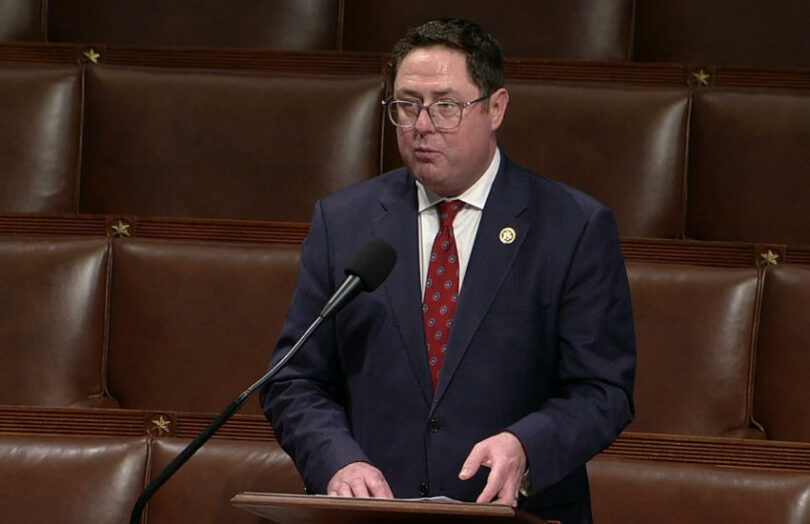The U.S. Securities and Exchange Commission (SEC) has come under fire for its recent lawsuit against Bittrex, a U.S.-based crypto exchange.
Rodrigo Seira, Special Counsel at Paradigm, a crypto investment firm, lambasted the SEC for its alleged overreach and “unreasonable” application of the Howey test. This news comes in the wake of Paradigm’s amicus brief filing advocating for the dismissal of the SEC’s case against Bittrex.
Questioning the SEC’s authority
At the heart of the issue is whether the SEC possesses the appropriate jurisdiction to regulate secondary crypto markets.
The regulator’s authority is being contested by crypto proponents, who argue that the agency’s pursuit of crypto exchanges like Bittrex is not only wrong but relies on an improper application of the Howey test.
Gary Gensler, Chair of the SEC, has previously acknowledged the lack of a comprehensive regulatory framework for crypto exchanges. This admission appears to support the claim that the SEC lacks sufficient authority to oversee these secondary markets.
Further supporting this argument, Seira stated in a recent blog post that the SEC’s mandate does not extend to crypto assets because they do not involve investment contracts.
This definition removes crypto assets from the SEC’s purview, causing further confusion and conflict in an already nebulous legal environment.
Implications for the crypto industry
The controversy surrounding the SEC’s attempted regulation of the crypto industry has left many businesses in a state of uncertainty. This confusion is particularly pronounced for companies seeking to register with the regulator.
Without a clear path to compliance, these companies are stuck in regulatory limbo. The current situation, according to Seira, is untenable and only serves to stifle the growth and development of the digital assets industry.
The SEC’s actions against Bittrex mark the first in a series of lawsuits against crypto exchanges. These actions have drawn significant attention and criticism from crypto advocates, who see them as misguided attempts by the regulator to control the burgeoning crypto sector.
In April, the SEC filed a complaint against Bittrex, which led to the exchange surrendering its Florida money transmitter license and eventually filing for bankruptcy in May.
Paradigm has repeatedly come to the defense of crypto organizations facing legal action from the SEC, arguing that the regulator has failed to provide clear rules or guidance for digital asset firms in the United States.
The ongoing controversy between the SEC and crypto exchanges like Bittrex underscores the challenges facing regulators and the crypto industry alike.
The current lack of a well-defined regulatory framework leaves both entities grappling with an unclear future. Without clear guidelines or rules, the battle between crypto exchanges and the SEC may continue, potentially creating further instability in an already volatile industry.
The fundamental question at hand is whether the SEC should, or even can, regulate secondary crypto markets. The answer to this question may shape the future of the crypto industry and determine the fate of other exchanges currently under the scrutiny of the SEC.
As the industry waits for an answer, it is clear that the controversy surrounding the SEC’s authority is far from over.





